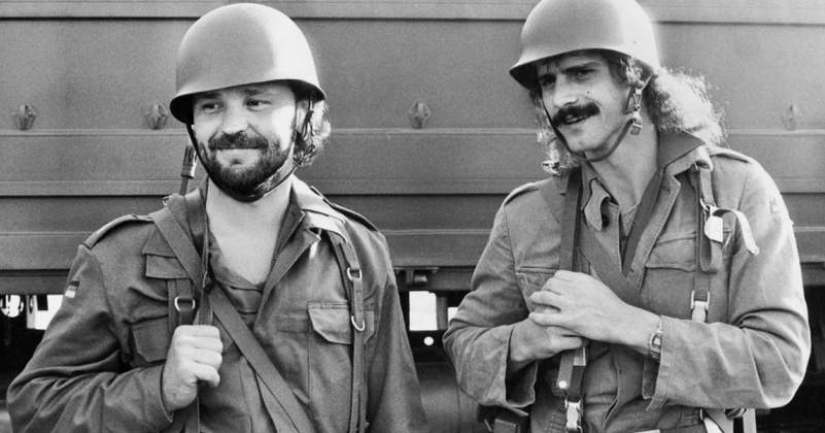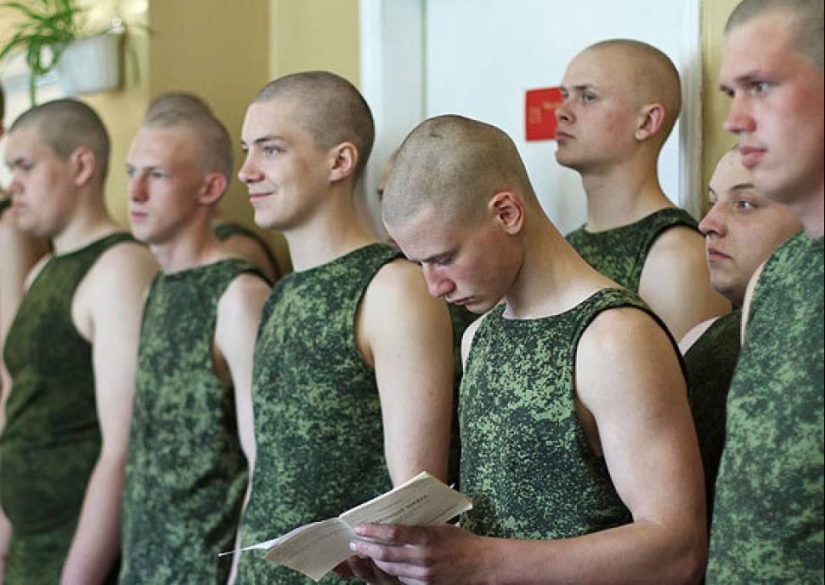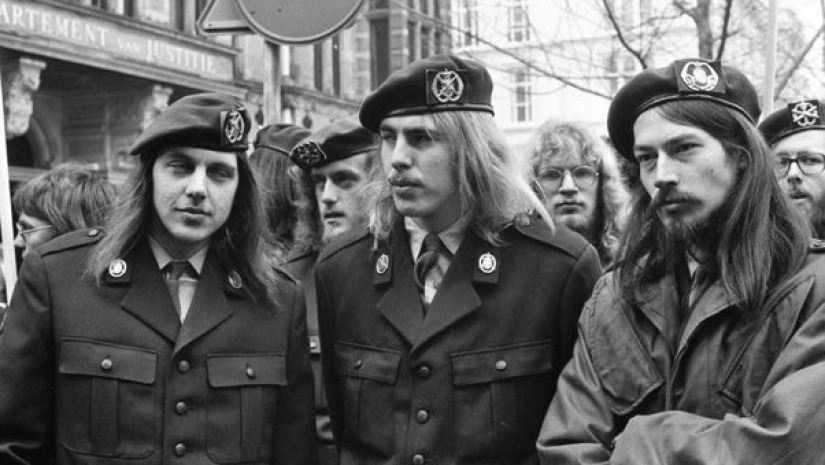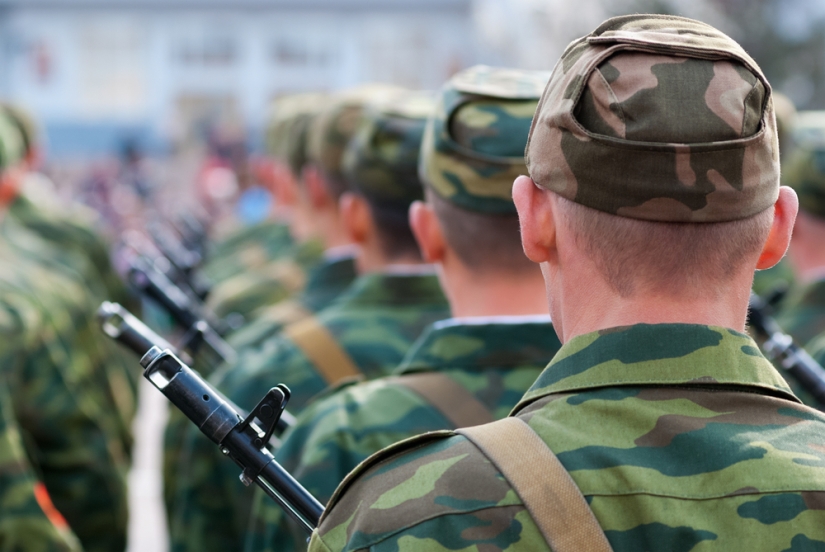Why do soldiers shave their heads and where did the "German hairy forces" go
Categories: Society
By Pictolic https://pictolic.com/article/why-do-soldiers-shave-their-heads-and-where-did-the-german-hairy-forces-go.htmlEvery recruit who joins the armed forces is given a military uniform, boots and weapons. And they also shave their heads bald, and in almost all modern armies of the world. Why was this hairstyle chosen for soldiers and what happens when soldiers are allowed not to get a haircut or shave?

You will be surprised, but in the statutes of most armies of the planet there is no strict indication that a soldier must be shaved "under zero". The hairstyle of a serviceman there is almost always described quite vaguely, about like ours. That is, the hairstyle should not "interfere with the use of standard equipment." This means, of course, a helmet and a gas mask.

It turns out that in real life, no one insists on polishing the skull to a shine. Usually soldiers are sheared with a typewriter, leaving a short hedgehog 2-3 mm long. This step is completely justified. An example would be an interesting experiment set up by the German military department in 1971.
Then the Bundeswehr abolished any standards and allowed the military to wear any hairstyles, beards and mustaches. It was a time of free-thinking and the heyday of the hippie era. The youth enthusiastically welcomed the innovation, and the champions of traditions began to actively resent it.
Very soon, the German army NATO allies began jokingly calling German Hair Force — "German hairy forces". Young people came to serve with long manes and lush curly hair, full beards, sideburns and fashionable "horseshoe" mustaches.

But the indulgences lasted only 15 months. After that, an order came out for everyone to cut their hair so that they did not touch the collar. German pragmatism has won. It turns out that combing and washing your hair is very easy when you live in a barracks. But it is worth going to the exercises in field conditions and military units began to look like gangs of disciplined vagabonds.
Overgrown soldiers with greasy hair stuck together are not just a depressing sight. Do not think that lice left the army trenches forever after the Second World War. Outbreaks of pediculosis broke out at almost every major exercise. And this always carries the risk of an epidemic of something more serious than the flu.
And the supply service also sounded the alarm. In addition to the huge volume of water, the "German hairy forces" consumed titanic amounts of shampoos and conditioners. What can we say about the frightening electricity bills that have become a consequence of the massive use of hair dryers by the military.

That's why soldiers all over the world get their hair cut as short as possible or even "under zero". It is convenient, hygienic and, finally, simply beautiful. The absence of a long mane and a lush mustache can also save a life in battle. That is why the young and not yet ambitious Corporal Schicklgruber was forced by the commander to shave off Wilhelm's mustache and leave the famous "brush".
Recent articles

These people are not planning to become an Internet celebrity, but the universe decided otherwise. And we are very grateful for ...

Churchill routine should be Holy — just as the British Prime Minister to work effectively. Heavy drinking, bathing and long meals ...

The canyon is a deep river valley with very steep, often steep slopes and a narrow bottom — one of the most photogenic ...